Phytosterols, also known as stanols, are plant oils that play a very important role in the major processes that occur in the human body.
Phytosterols belong to the group of so called plant sterols, which contain over 100 types.
Structurally, they are exceptionally similar to cholesterol, and as such the plant cells perform functions similar to it - they build cell membranes.
Phytosterols are extraordinarily important to health, but according to the European Food Safety Authority, only 1-4% of the population consumes an adequate amount of phytosterols (1-3 g per day).
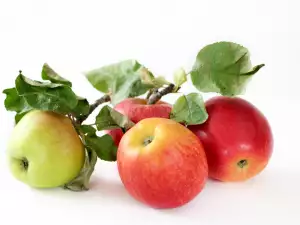
The average consumption of phytosterols by the rest of the population does not exceed 400 mg, which is extremely inadequate if the goal is a tangible therapeutic effect.
Since it's practically impossible to achieve the recommended daily values by eating normal amounts of food, we have seen foods enriched with phytosterols appear on the market - mayonnaises, margarines, fruit juices, fermented milk products.
Sources of Phytosterols
Some of the richest sources of phytosterols are dill, broad beans, beans, chickpeas, almonds, macadamia nuts, peas, almond milk, cashews, soybeans, thyme, soybean oil, peanuts, sage, lettuce, beets, asparagus, lentils, coconut, figs, cauliflower, potatoes, okra, chestnuts, bananas, onions, cucumbers, apricots, strawberries, cherries, apples, peaches, melons, pumpkins, eggs, tomatoes, peppers, pears, plums, eggplants, sunflower seeds, sesame seeds.
Other sources rich in phytosterols include curry, nutmeg, allspice, mint, turmeric, paprika, ginger, dried basil. Phytosterols can be obtained from food supplements as well.
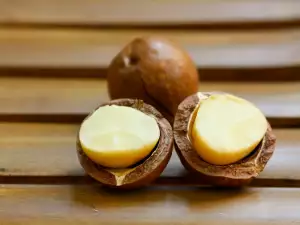
Benefits of Phytosterols
One of the main functions of phytosterols is lowering bad cholesterol levels. Once in the intestines, they make cholesterol absorption from food (as well as that which ends up in the gallbladder) more difficult, by confusing the receptors that control these processes.
This truly phenomenal effect of phytosterols has been studied for half a century now and with profound interest.
Interestingly enough, phytosterols are not absorbed well by the body. Their role is expressed in blocking cholesterol in the digestive tract. Once they do so, they are thrown out with other waste.
It's been found that daily consumption of 1-3 g of phytosterols leads to a 10-15% reduction in cholesterol. Even a 10% drop of cholesterol in the blood reduces the risk of myocardial infarction by 4 times.
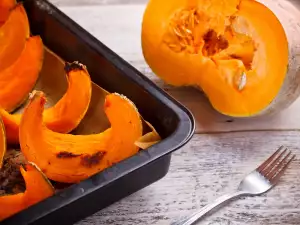
Besides lowering cholesterol, phytosterols improve the effectiveness of medicines that treat cardiovascular problems.
Deficiency of Phytosterols
Deficiency of phytosterols, especially in the modern diet, that's rich in animal fat, carries the risk of raising bad cholesterol levels. LDL bonds with calcium and causes calcium deficiency. What follows is the formation of plaque along blood vessel walls, in turn causing constriction and eventually hypertension.
Phytosterols in Cosmetics
Cosmetic products that contain phytosterols eliminate skin irritation, alleviate burning and itching.
They have an effect on the skin barrier function and offer excellent protection against oiliness. Phytosterols have a very long-lasting protective and hydrating effect on the skin.
Phytosterols get rid of that taut skin feeling. They are a natural solution to dry skin, without causing any sort of irritation. Their effectiveness has been proven in clinical studies done by German researchers.
Dangers of Phytosterols
Increased intake of phytosterols from foods and food supplements enriched with them hides a shortcoming - absorption of fat-soluble vitamins and antioxidants is slightly lowered.
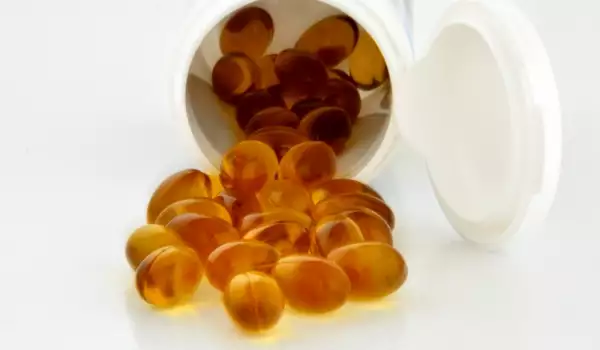
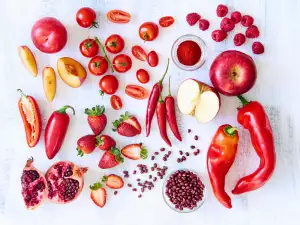
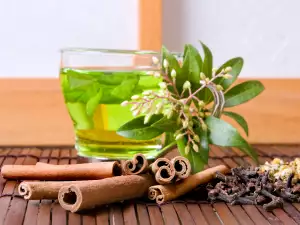
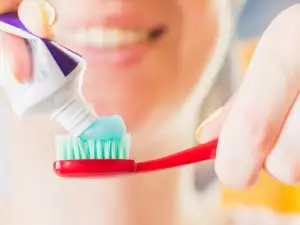
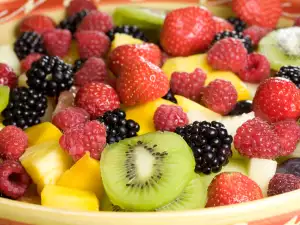
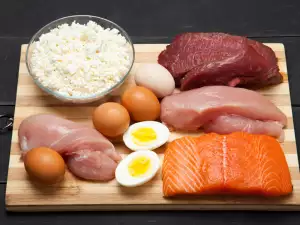


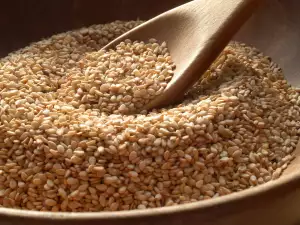
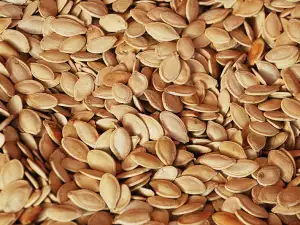
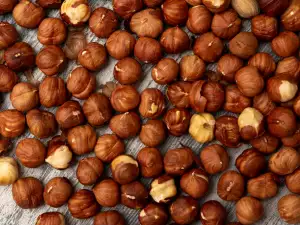
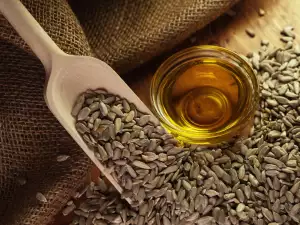
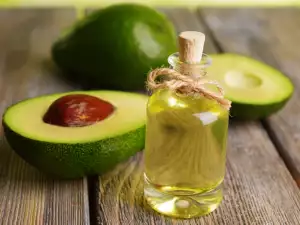
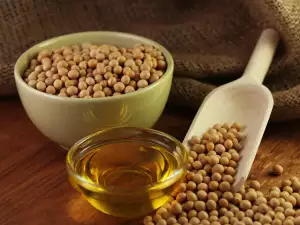
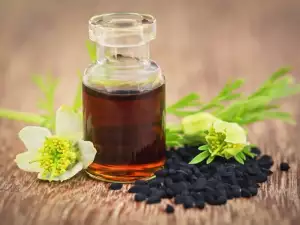
Comments